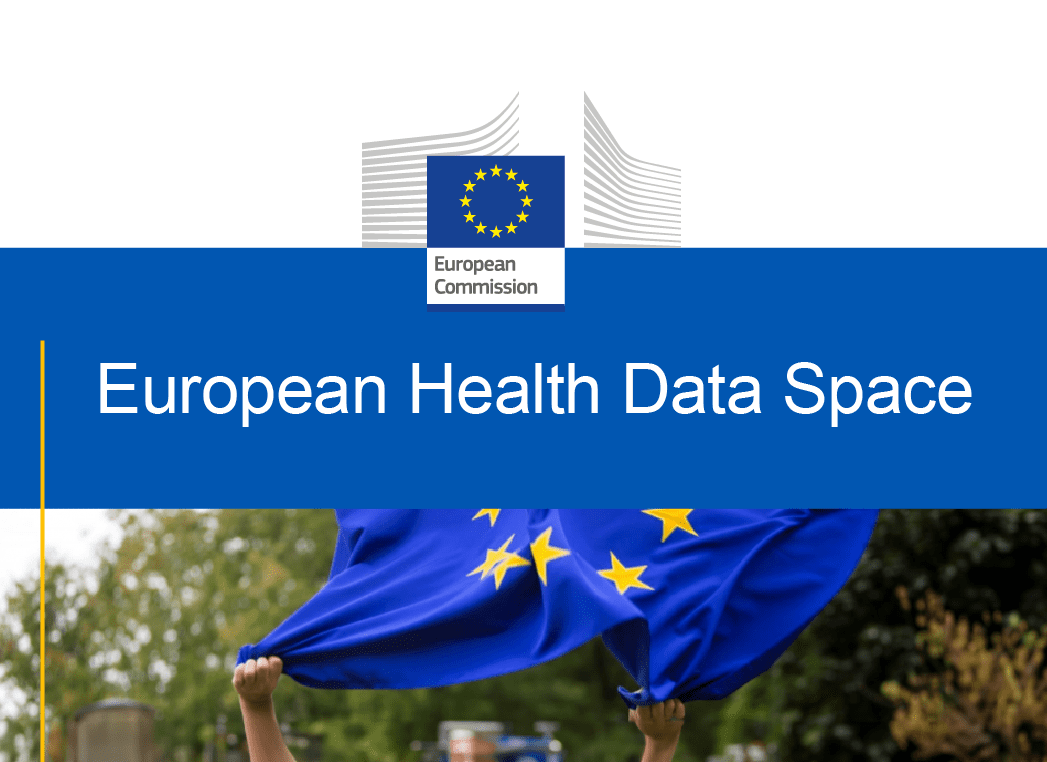The Committee of Permanent Representatives of the Member States of the European Union (COREPER) has approved the final compromise text of the Regulation on the European Health Data Space (EHDS), resulting from an agreement finalized with the European Parliament.
For two years, SPMS, represented by the Global Digital Health and International Affairs Team, participated in the discussions and meetings of this working group, ensuring national representation and promoting Portugal’s interests and priorities.
The main objective of this regulation is to establish solid guidelines for the management of health data in the European Union (EU), promoting interoperability and ensuring the protection of citizens’ health data. Additionally, the EHDS aims to promote the primary and secondary use of this data. In primary use, the focus is on providing individuals with broader digital access to their health data, allowing them greater control over it, thus facilitating the use of healthcare services throughout the EU. In secondary use, the EHDS seeks to establish a coherent and efficient framework for the analysis and use of this data for research, innovation, and policy formulation activities.
An important advantage for citizens is immediate and free access to their health data in a European, digital, and standardized format, allowing them to share it with healthcare professionals in any EU country. Therefore, users do not need to worry about accessing healthcare services when traveling within the EU.
The EHDS will come into force in 2026, with the MyHealth@EU structure for primary data use expected to be operational by 2028. The infrastructure for secondary use (HealthData@EU) will come into force in 2030. This transition period will allow Member States to develop the necessary infrastructure to comply with the regulation.
It should be noted that the approval of the final compromise text by COREPER represents a significant step forward in creating an effective regulatory framework for the EHDS, reflecting the EU’s ongoing commitment to innovation, data protection, and improving healthcare across Europe.
